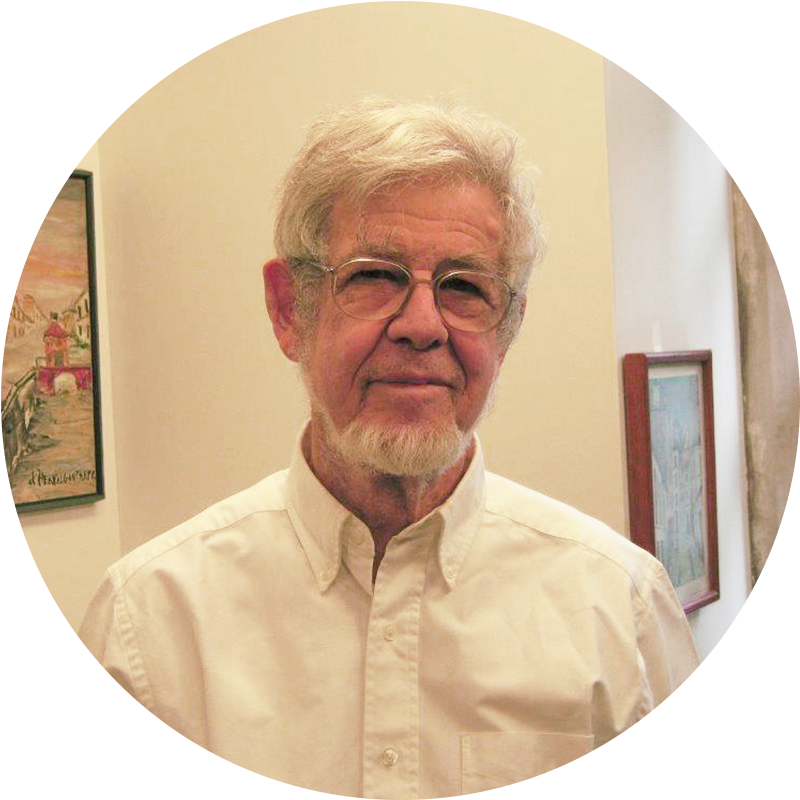Motivated by concerns over the problems and tensions of the present, Herbert Gans makes the case for the study of the future—that is, how individuals and institutions imagine and construct future lives and worlds. Understanding future constructions, and their differences across the boundaries of class, gender, race, generation, religion, and other social markers, provides a window into conflicts of the present and new possibilities for engaging them.













